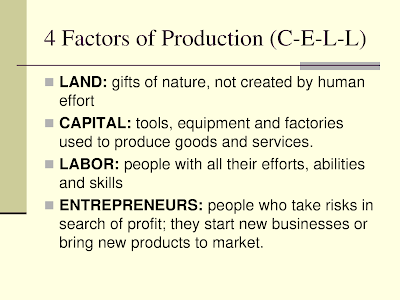The Economics Glossary defines money as:
Money is a good that acts as a medium of exchange in transactions. Classically it is said that money acts as a unit of account, a store of value, and a medium of exchange. Most authors find that the first two are nonessential properties that follow from the third. In fact, other goods are often better than money at being intertemporal stores of value, since most monies degrade in value over time through inflation or the overthrow of governments.
Function Of Money:
Money is any good that is widely accepted in exchange of goods and services, as well as payment of debts. Most people will confuse the definition of money with other things, like income, wealth, and credit. Three functions of money are:
1. Medium of exchange:
Money can be used for buying and selling goods and services. If there were no money, goods would have to be exchanged through the process of barter (goods would be traded for other goods in transactions arranged on the basis of mutual need). For example: If I raise chickens and want to buy cows, I would have to find a person who is willing to sell his cows for my chickens. Such arrangements are often difficult. But Money eliminates the need of the double coincidence of wants.
2. Unit of account:
Money is the common standard for measuring relative worth of goods and service
3. Store of value:
Money is the most liquid asset (Liquidity measures how easily assets can be spent to buy goods and services). Money’s value can be retained over time. It is a convenient way to store wealth.
4.Standard of Deferred Payments:









